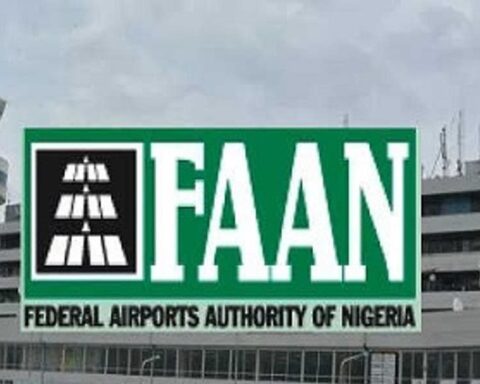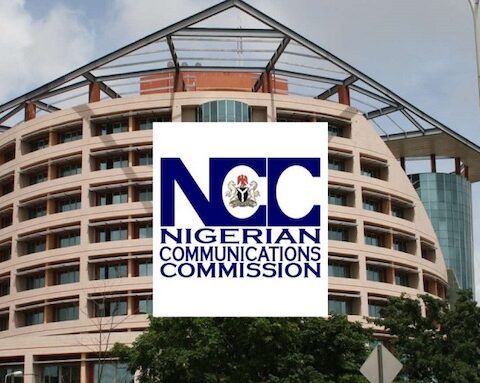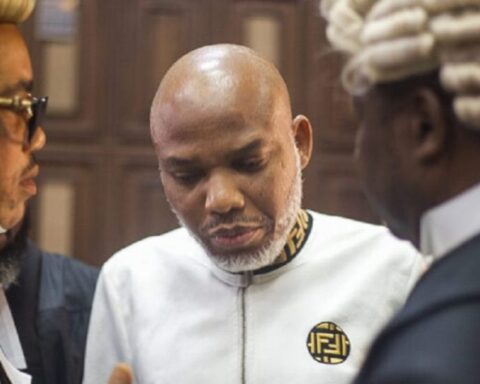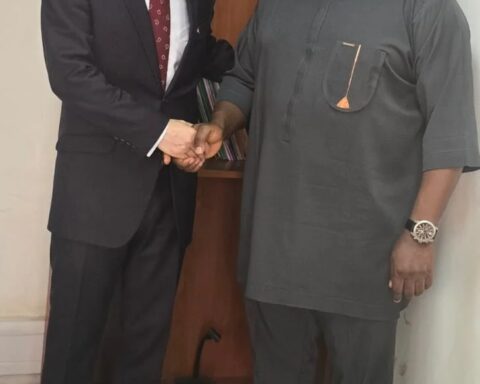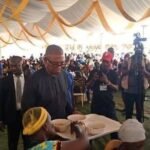For the records
We live in an age of discontent. We live with vigorous agitation and substantial challenges to our government and institutions.
Throughout the world today, many old systems are either under severe stress or are in decline. Democracy itself, as we have known it for several centuries, is being rejected even in its cradle in Europe and North America. In Africa, where political democracy is an import from the West, regimes are clawing back hard-won gains. In this charged atmosphere, the youth bulge threatens to overrun governments.
The question we are forced to grapple with is: can Africa defy these crosscurrents and cultivate its own resilient democratic project, one that is universal, but uniquely African?
The question of how to develop socio-economic and governance systems that ensure Africa shapes her destiny independently and benefits from her rich and ancient heritages has persisted throughout the many struggles the continent has faced.
The founders of the Continent grappled with it. The many regimes and movements the continent has been blessed or cursed with have struggled with it.
Chinua Achebe, that great son of this land and of Africa, told us “democracy is not something you put away for ten years, and then in the 11th year you wake up and start practising again.” It is an exercise in perpetuity.
Democracy and its place in Africa’s development are set to gain even more significance as transactional and inward-looking regimes emerge and directly ask to access Africa’s natural wealth in return for security and other forms of support.
We have seen an increasing appetite by countries outside Africa for the continent’s natural resources, including oil, gold, iron ore, manganese, and rare earth minerals.
Some African countries have recently signed mineral extraction deals in return for security support. Lewis Mudge, the Central Africa director of Human Rights Watch, has called it “a mineral deal first, an opportunity for peace second.”
It just shows how much the world has deviated from the international system that was envisaged by President Woodrow Wilson and Harry Truman as the concept of democracy was taking root across the globe.
On April 2, 1917, President Woodrow Wilson went before a joint session of Congress to seek a Declaration of War against Germany and spoke the following words: “The world must be made safe for democracy. Its peace must be planted upon the tested foundations of political liberty. We have no selfish ends to serve. We desire no conquest, no dominion. We seek no indemnities for ourselves, no material compensation for the sacrifices we shall freely make. We are but one of the champions of the rights of mankind.”
The shift has consequences for the practice of democracy and governance in Africa. Many believe that the emergent inward-looking, transactional brand of politics in the West may very well spread to other parts of the world.
Populists are approaching power in several European countries. They may just seize power and implement their isolationist and transactional imaginations of the world. These shifts come at a time when a majority of Africans express support for democracy but feel that democracy has failed to deliver socio-economic liberation.
It also comes at a time of renewed feeling by Africans that the continent needs to liberate itself completely from former colonisers and chart a distinctly African path to its development. We have seen some of our citizens, especially the youth, celebrate new military rulers who have taken militant postures against former colonial and other external powers.
We must always remember that Africa is growing increasingly young and digital. About 70 per cent of Africa’s population is younger than 30.4. This generation’s most significant demand on their governments is for better lives and opportunities than those of their parents.
Some think that each nation must decide for itself how it will face the emerging global scenarios and their consequences. I belong with those who think that the moment our founding fathers feared has arrived, and that this is the time the Continent must act in unison. We either hang together or each one of us will be hanged separately.
This must be the moment Mwalimu Julius Nyerere had in mind when he said: “Unity will not make us rich, but it can make it difficult for Africa and the African peoples to be disregarded and humiliated…My generation led Africa to political freedom.”
The current generation of leaders and people of Africa must pick up the flickering torch of African freedom, refuel it with their enthusiasm and determination, and carry it forward.”
Africa cannot just sit back and watch the changing world with fear and trepidation. Instead, we must initiate the process of a genuine transformation of our structures and institutions. We have to strengthen democracy. Our people demand it. But we must find ways to make democracy work in unison with tested traditional systems of governance and conflict prevention and resolution.
The Panel of the Wise and the Panel of Eminent African Personalities need to be mainstreamed and strengthened. These two bodies can prove that Africa can still resolve its problems using the age-old systems of elders and wise men and women.
Our own Continent’s Peace and Security Council should be our first port of call when conflicts arise. It should not be relegated to a secondary role to other initiatives aimed at bringing peace and stability to the continent.
Africa must find a method that ends national rivalries, unites our people, modernises and revitalises the old African civilisations and creates supranational institutions that can compete with the world. Regional economic communities are trying, but they are failing as cornerstones for African unity and renaissance.
Africa cannot continue seeking markets in an external world that is turning its back on her. So a strong common market, borderless trade, open skies, open visa policies and investment in infrastructure. Trade will not only empower us economically. It will prove to us that we need each other and stop seeing each other as competitors and rivals.
We know Climate Change is upon us. We know it can worsen inequality, increase poverty and food insecurity. We have to make Africa a leader in the world in turning the disaster into a source of prosperity by protecting the remaining carbon sinks, greening the production and removing carbon from the air by expanding our natural carbon sinks.
We must embrace the Digital and Artificial Intelligence revolutions to safeguard democracy, improve electoral integrity, and empower citizens while preventing manipulation and misuse. Vibrant democracies are not built in a single moment of voting; instead, they are sustained through continuous, inclusive dialogue between governments and the people. True democracy is about leaders engaging beyond the ballot box, fostering trust and participation through open, ongoing communication.
This means creating structured spaces for regular public forums, civic dialogues, and digital engagement platforms that allow citizens to voice their concerns, contribute ideas, and hold their leaders accountable. Africa at this moment requires a political culture that values listening, especially to the youth, women, and marginalised communities whose voices are often overlooked.
We must strengthen our multiparty political systems and help our countries develop genuine alternative platforms with competing and realistic visions for the future.
However, even as we encourage competitive politics, we must also invest in consensus-building, open dialogue, and free discussions. Dialogue and consensus-building are tested African traditions that have nurtured this continent for ages. We have a responsibility to test the limits of our experiment with democracy. But we also have the responsibility to know when to pull back, for the sake of the nation.
We must always remember that all nations and actors that failed to know when to pull back, eventually tipped over. Knowing when to pull back is as important as knowing when to push forward.
I end with the words of Mariama Ba, the indomitable Senegalese lady who told us: “Differences produce conflicts, which may be beneficial to the development of a country if they occur among true patriots, whose only ambition is the happiness of the citizen.”
Differences should not collapse nations. They should strengthen nations.
I thank you.
Ralia Odinga was Prime Minister of Kenya

